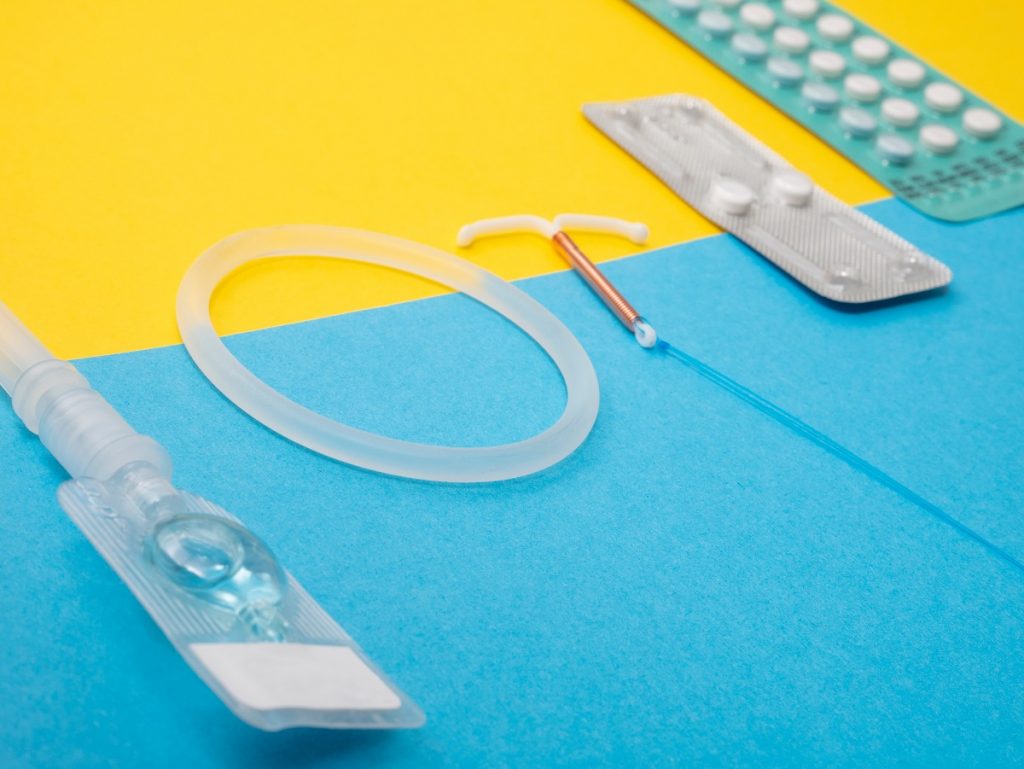When it comes to vaginal health, the information being circulated online is worrying. There’s a plethora of washes, perfumes and creams for just the vagina, which can do more harm than good.
And there’s a lot that’s unclear: what’s good and what’s bad for a healthy vagina. One survey showed that 44% of women (women aged 55–65 years living in Great Britain, the United States, Canada, Sweden, Denmark, Finland, and Norway) don’t have a gynaecologist. And without a good relationship with your gynaecologist or the right information, some faulty information might make its way from your phone and into your vagina. We sorted through a few vaginal health claims and fact-checked them.
Claim #1: Using probiotics is helpful for your vagina
True!
Probiotics containing lactic acid bacteria can help prevent bacterial vaginosis, yeats infections, UTIs and even STDs. Try a probiotic to help, or load up on probiotic foods like kimchi, yoghurt, miso. Fermented foods contain probiotics that can support your gut and vaginal bacteria, keeping it healthy.
Claim #2: You should use a special wash for your vagina
False.
Studies have shown links between washing your vagina and disease like bacterial vaginosis, including pelvic inflammatory disease and ectopic pregnancy. Using soaps can also throw off the pH balance of your vagina. And having BV can make you susceptible to the transmission of HIV. Never, ever douche or wash your vagina internally, with soap or disinfectant, cucumber or anything else. Studies link douching to infertility, increased risk for STIs, BV and more.
Vagina’s are self-cleansing and naturally expel harmful substances. If you do use a special soap, make sure it’s one your doctor suggests and for a particular reason. If you’re not dealing with a medical issue, plain water is enough.
Claim #3: Your vagina needs to smell “nice”
False.
Vaginas, unlike armpits, shouldn’t smell like strawberries or flowers. In fact, the smell of a healthy vagina can change throughout your cycle.
In fact, using perfumed products down there could change the natural environment, which could lead to infection. Infections create different smells that signal infection: foul, rancid, chemical or ‘fishy’ smells mean something is not right and you should see a doc.
Claim #4: Your vagina should be tight
False.
Vaginas change shape throughout a woman’s health seasons: they stretch when we give birth and shrink back. Too-tight vaginas present their own set of problems and can result in painful sex. Plus, engaging in some practices to ‘tighten’ the vagina, like vaginal steaming, could be harmful.
However, urinary incontinence is a separate issue involving the pelvic wall. In this case, pelvic wall exercises, when done correctly, can help. These could involve using approved vaginal weights, yoni eggs or simply doing kegel exercises.
A good rule of thumb is to never insert a foreign, unclean object into your vagina. Always wash fingers, hands and sex toys before use, and use condoms every time you have sex.

